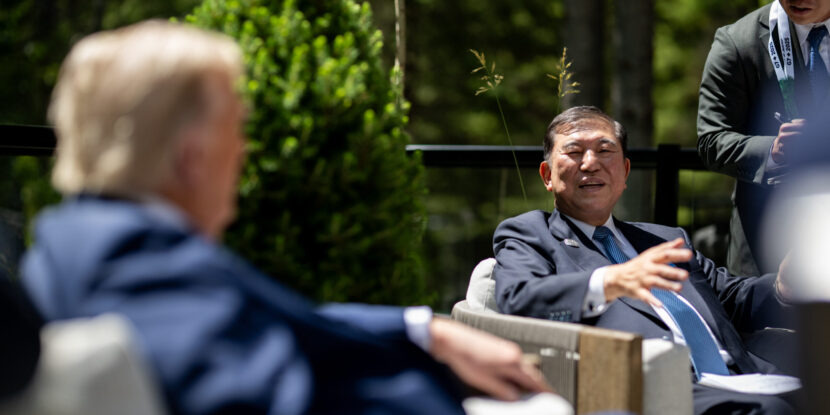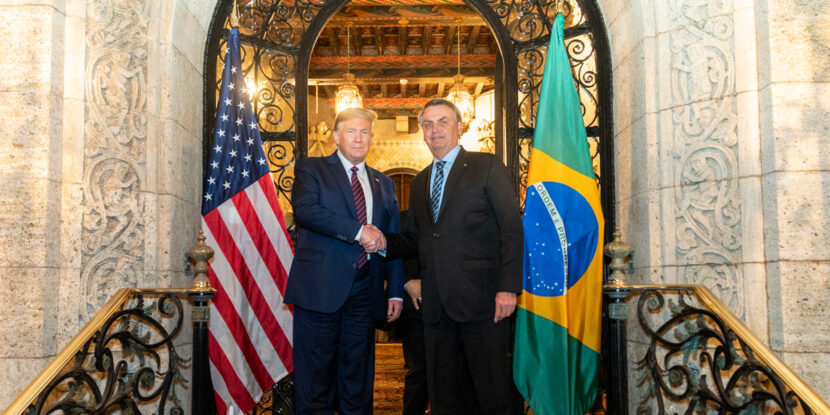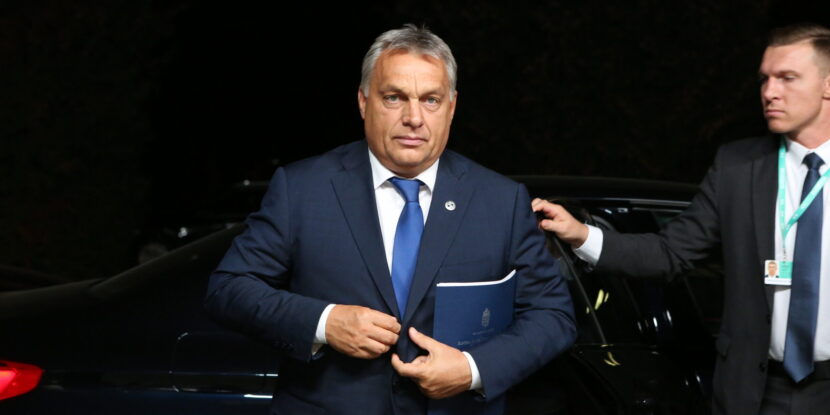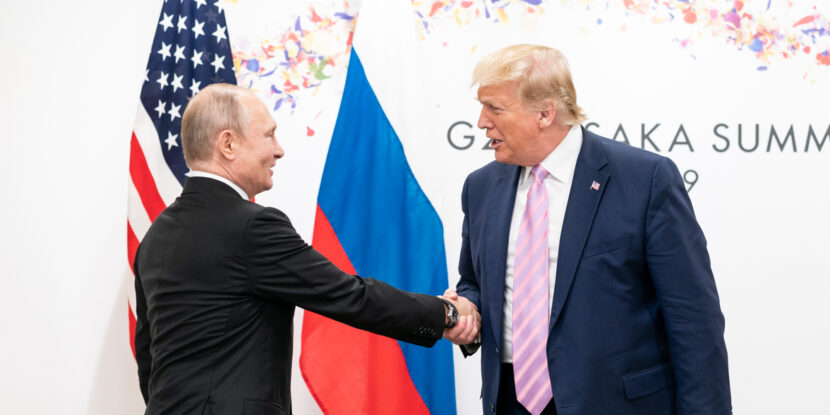❓WHAT HAPPENED: The Trump administration announced the United States will exit the United Nations Educational, Scientific, and Cultural Organization (UNESCO), citing the organization’s support for divisive far-left cultural and social causes.
👤WHO WAS INVOLVED: President Donald J. Trump, White House Deputy Press Secretary Anna Kelly, State Department Spokeswoman Tammy Bruce, French President Emmanuel Macron, and UNESCO leadership.
📍WHEN & WHERE: The announcement was made on Tuesday, July 22, 2025, with the decision following a prior U.S. withdrawal in October 2017.
💬KEY QUOTE: “President Trump has decided to withdraw the United States from UNESCO—which supports woke, divisive cultural and social causes that are totally out-of-step with the commonsense policies that Americans voted for in November.” — Anna Kelly
🎯IMPACT: The decision underscores the administration’s America First foreign policy and its rejection of globalist ideological agendas.
The Trump administration announced Tuesday that the United States will exit the United Nations Educational, Scientific, and Cultural Organization (UNESCO). A specialized agency under the United Nations Economic and Social Council based in Paris, France, UNESCO is ostensibly tasked with promoting “cooperation in education, science, culture and communication to foster peace worldwide.” However, the Trump White House says the UN agency no longer “aligns with our national interests.”
“President Donald Trump has decided to withdraw the United States from UNESCO—which supports woke, divisive cultural and social causes that are totally out-of-step with the commonsense policies that Americans voted for in November,” White House Deputy Press Secretary Anna Kelly said on Tuesday, adding: “This President will always put America First and ensure our country’s membership in all international organizations aligns with our national interests.”
U.S. State Department spokeswoman Tammy Bruce confirmed the withdrawal from UNESCO, writing on X (formerly Twitter): “Today, the United States announced our decision to withdraw from UNESCO. Like many UN organizations, UNESCO strayed from its founding mission. Going forward, U.S. participation in international organizations must make America safer, stronger, and more prosperous.”
The Trump administration also cited UNESCO’s recognition of the “State of Palestine” as a Member State as a key issue. This decision, they argue, has contributed to anti-Israel rhetoric within the organization. The United States previously withdrew from UNESCO in October 2017 under similar circumstances, but the Biden government rejoined the agency in 2023.
Notably, the move has already drawn a response from French President Emmanuel Macron, who pledged “Unwavering support for UNESCO, a universal guardian of science, the Ocean, education, culture, and world heritage,” in a post on X.
Join Pulse+ to comment below, and receive exclusive e-mail analyses.








